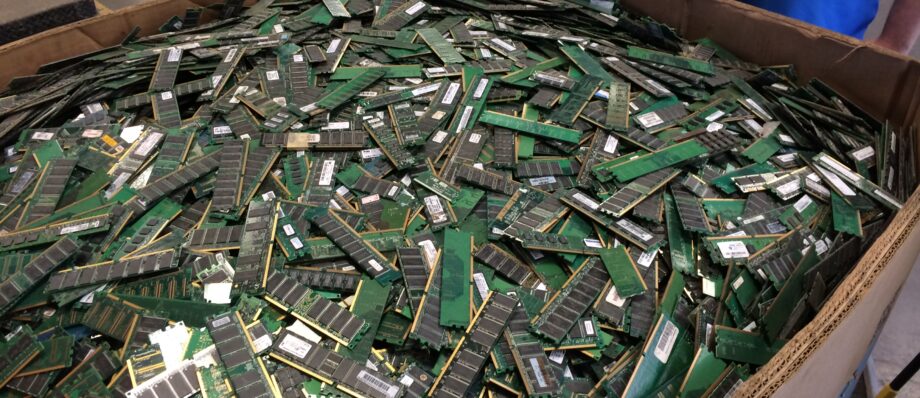Common Myths About Computer Recycling Debunked
- September 16, 2021
- Uncategorized
- 1 mins read
Myth 1: Recycling Computers is Too Expensive
Fact: While there are costs associated with recycling, many programs offer free or low-cost recycling options. Additionally, the long-term environmental and economic benefits of recycling far outweigh the initial expenses. For example, manufacturers save on raw material costs by using recycled materials, and communities save on landfill management expenses.
Myth 2: It’s Better to Just Throw Old Computers Away
Fact: Disposing of old computers in landfills leads to environmental pollution and waste of valuable resources. Recycling prevents hazardous substances from contaminating soil and water and allows for the recovery and reuse of precious metals and other materials. Proper disposal is essential for both environmental and public health.
Myth 3: Recycled Computers End Up in Landfills Anyway
Fact: Certified e-waste recyclers follow stringent guidelines to ensure that electronic waste is properly processed and materials are recovered. Programs like e-Stewards and R2 (Responsible Recycling) certify recyclers who adhere to high environmental and safety standards. When using certified recyclers, you can be confident that your e-waste is being handled responsibly.
Myth 4: Recycling Computers is Complicated and Time-Consuming
Fact: Recycling computers has become more accessible and convenient. Many manufacturers, retailers, and community programs offer easy drop-off locations and even mail-in options. For instance, companies like Dell and Apple provide free recycling services, and numerous local e-waste collection events make it simple for consumers to recycle their old devices.
Myth 5: There’s No Market for Recycled Computer Materials
Fact: There is a robust market for materials recovered from recycled computers. Metals like gold, silver, and copper are valuable commodities that are in high demand. Recycled plastics and glass are also used in various manufacturing processes. The growing emphasis on sustainability and resource conservation ensures a steady demand for recycled materials.
Dispelling Misconceptions Through Education
Educating the public about the realities of computer recycling can help dispel these myths:
- Awareness Campaigns: Initiatives that inform consumers about the benefits and ease of recycling can increase participation rates.
- Corporate Responsibility: Companies can promote their recycling programs and educate customers about proper disposal methods.
- Community Programs: Local governments and organizations can offer educational workshops and resources to guide residents on how to recycle electronics effectively.



